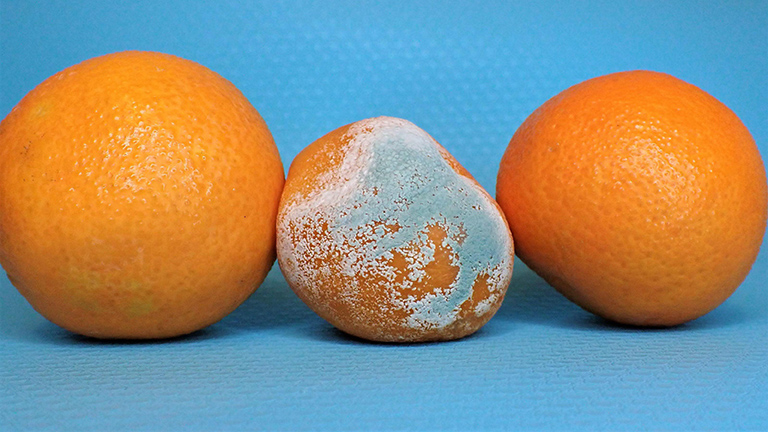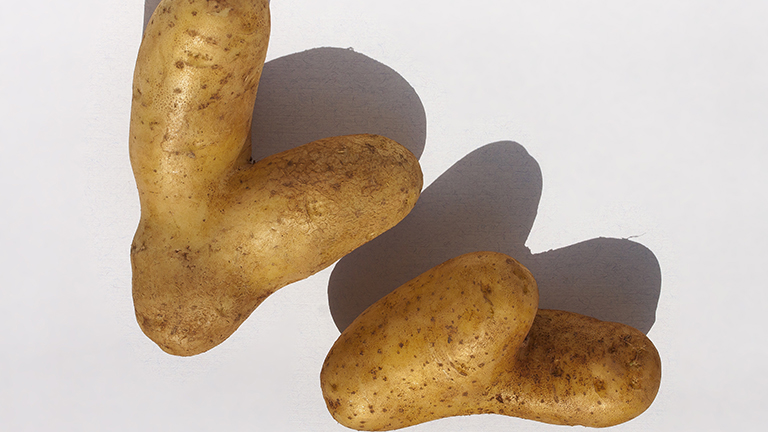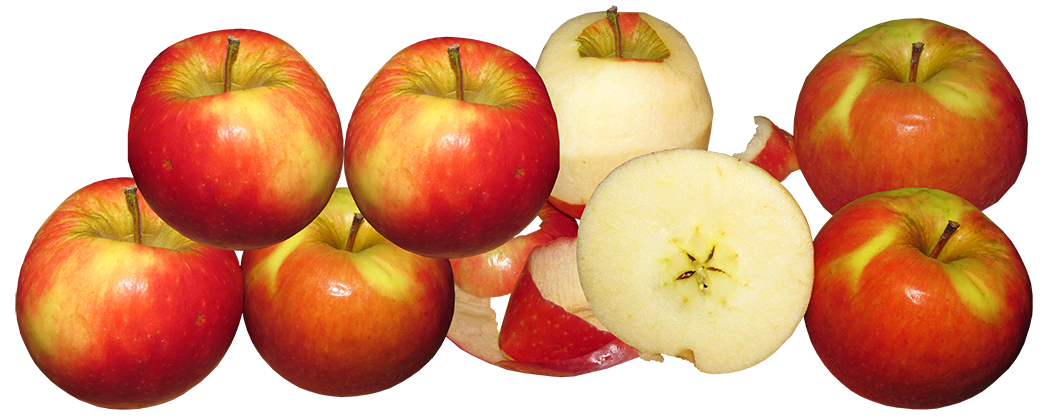
Team up for a circular economy: A collaborative approach between farmers, food services, retailers, and consumers for less food wastage
Project supported by a grant of the Ministry of Research, Innovation and Digitalization, CNCS – UEFISCDI, project number PN-III-P4-PCE-2021-0538, within PNCDI III

Team up for a circular economy: A collaborative approach between farmers, food services, retailers, and consumers for less food wastage
Project supported by a grant of the Ministry of Research, Innovation and Digitalization, CNCS – UEFISCDI, project number PN-III-P4-PCE-2021-0538, within PNCDI III

Food wastage
Food wastage = food waste + food loss

Oddly shaped foods
Information, education, awareness

Systemic thinking
Collaboration between stakeholders
The project is developed by Babeș-Bolyai University, at the Faculty of Business
Duration: 2022-2024

Project objective
Team Up for Less Food Waste aims to support the reduction of fresh fruits and vegetables wastage through a collaborative approach between food chain members, such as farmers, producers, food services, retailers, and consumers within the circular economy paradigm.
The project focuses on the fresh fruits and vegetables waste because this category is the most wasted according to FAO statistics (FAO, 2015. Food wastage footprint & Climate Change. Available at https://www.fao.org/3/bb144e/bb144e.pdf).
Project structure
The project has three stages, one for each year of the project.
2022: The first stage focuses on the investigation of food waste causes, reduction strategies, and motivation to reduce food waste among stakeholders. The identified groups of stakeholders are:
-
Members of the food chain: farmers, processors, transporters, commerce (retailers, whole sellers, and warehouses), food services, consumers, and waste processors
-
Other stakeholders: policy makers, researchers, and NGOs
A qualitative approach through interviews was adopted to obtain these data.
2023: The second stage focuses on two aspects. One is the investigation of the acceptability of abnormally shaped fruits and vegetables with the purpose to increase it and reduce food waste. The other is to identify the best ways to connect stakeholders with aim to reduce food waste.
2024: The third stage is dedicated to the integration if the information collected in the previous stages in a platform that connects stakeholders, and the elaboration of a guide (e-book) with guidelines to reduce food waste, more precisely, fruits and vegetables waste.
